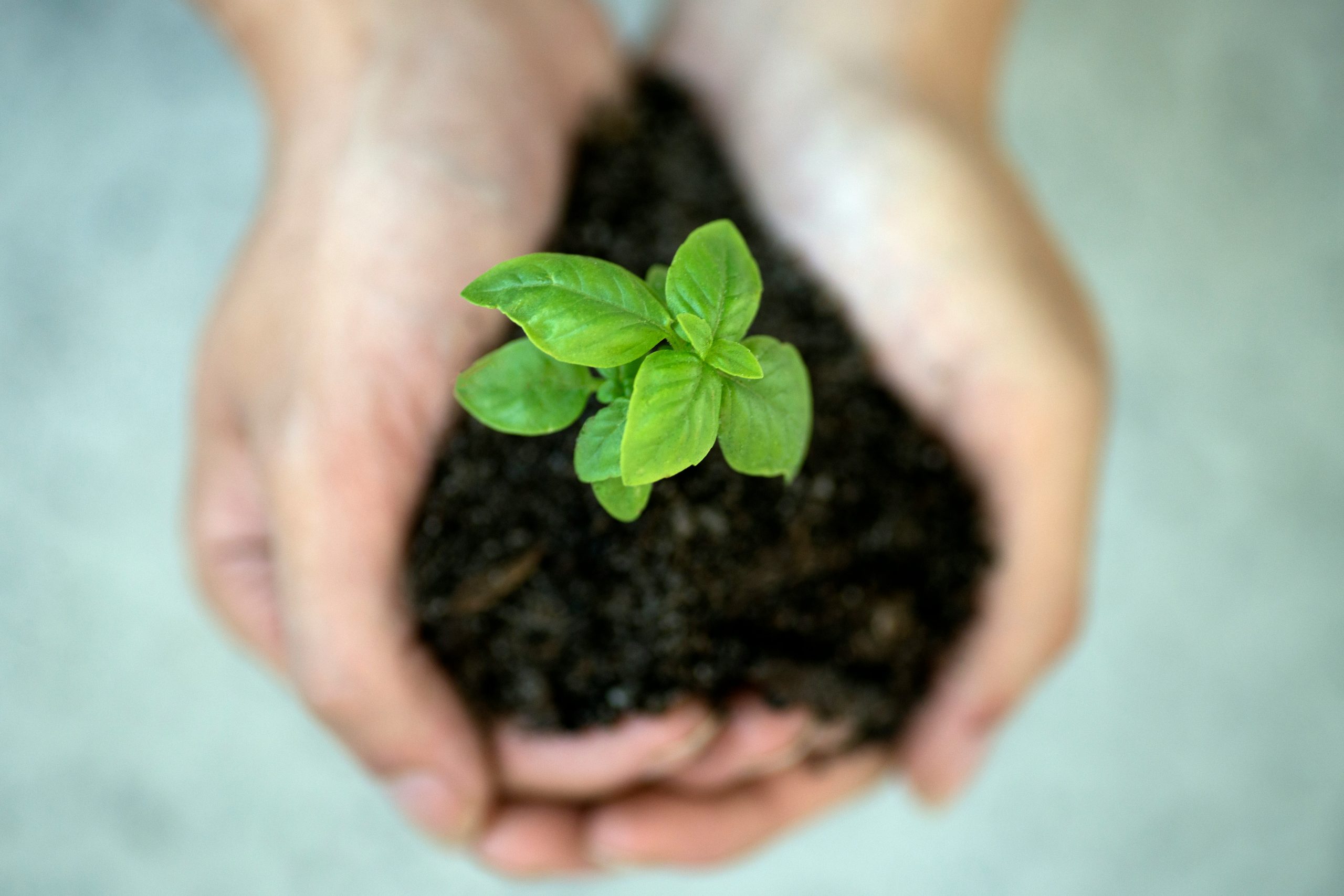This is the story of a boy who dreamt of becoming a warrior for Islam… but Allah & His Messenger ﷺ had greater plans.
Young Zayd ibn Thabit was not yet 13 when he approached the Prophet ﷺ and courageously dedicated himself to the Muslim army.
He was disappointed when the Prophet ﷺ turned his offer down, patting his shoulder with tenderness.
Zayd was still too young to fight, but the Prophet ﷺ was not going to let that stop Zayd from pursuing greatness in other ways.
He ﷺ recognized that Zayd had a unique quality: A strong mind that needed to be nurtured. So he ﷺ encouraged Zayd to learn to read and write, not just Arabic, but other languages such a Hebrew as well.
Zayd ibn Thabit became the personal scribe of the Prophet ﷺ , of the few honored with such a task, and above all, he was among the companions who memorized the entire Quran, and little did Zayd know how all these years of education would come into play.
Years later, after our beloved ﷺ returned to his Lord, and many of the hufadh of the companions had been martyred in the way of Allah, Abu Bakr (R.A), the first successor of the Messenger ﷺ had a great mission on his hand: compiling the entire Quran into one physical manuscript, so as to preserve it for the Ummah.
Who did Abu Bakr choose to oversee this tremendous task? None other than Zayd ibn Thabit (R.A). All because the Prophet ﷺ recognized his talents, and chose to nurture them.
This is one of the great qualities of prophetic leadership; putting the right people in the right places.
Throughout the seerah, we consistently find that the Prophet ﷺ recognized and nurtured talent, never letting a person’s gifts go to waste.
Bilal (R.A) was gifted with a beautiful voice, so the Prophet ﷺ made him the muadhin of Madinah.
Khalid (R.A) proved his military prowess, so the Prophet ﷺ kept him on the frontlines of the Ummah.
Hassaan bin Thabit had a way with words, so the Prophet ﷺ made him the poet of the Ummah.
The Prophet ﷺ never overlooked his companions, each of them had their place and purpose, because this ummah is not a nation of ‘nobodies’.
One of the greatest things you can do that will make your fellow Muslim feel valued and appreciated is to recognize their talents and motivate them to use those gifts in a halal way that benefits the ummah; physically, intellectually, creatively, financially.
Each of us has a role to play, so what will yours be?



Recent Comments